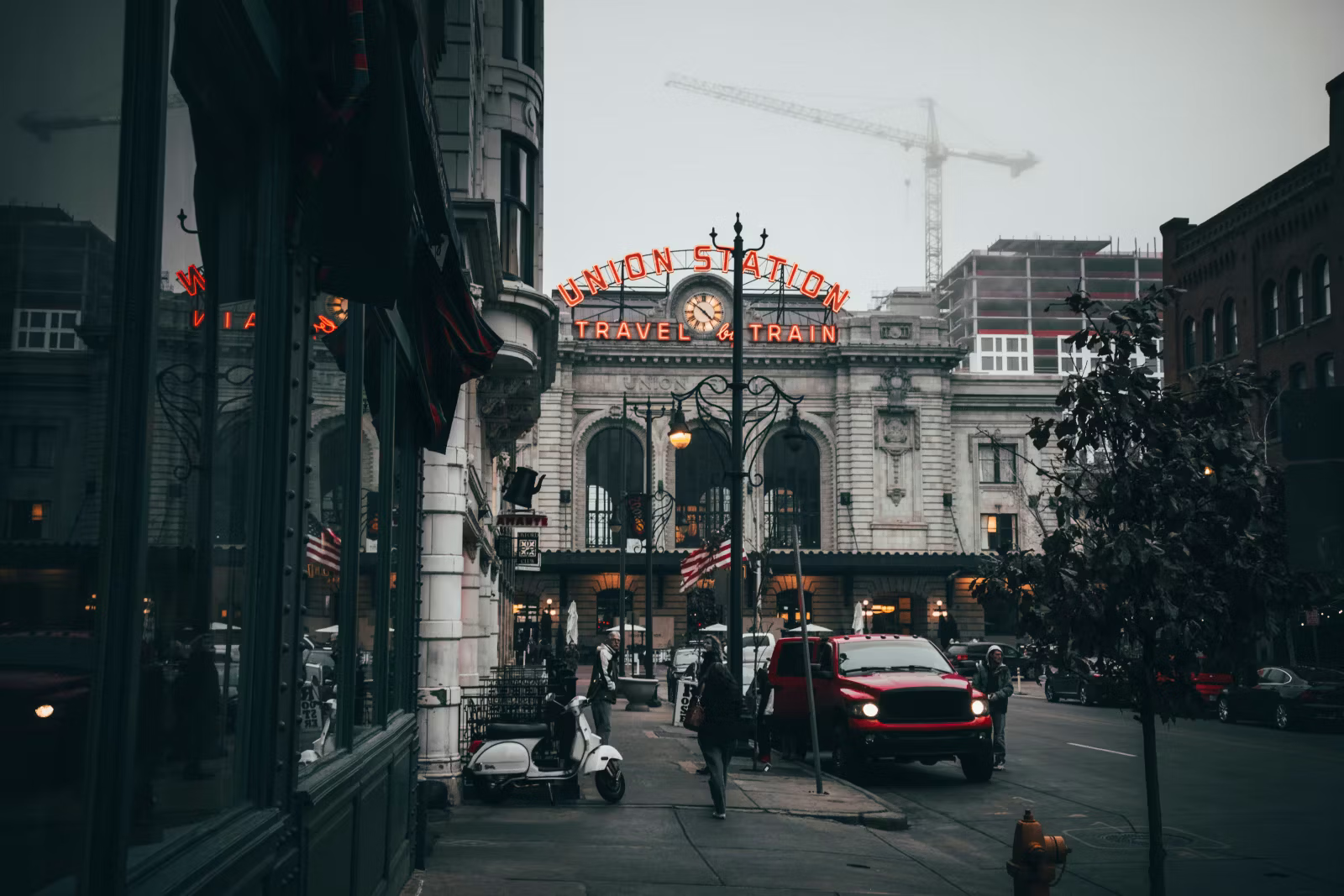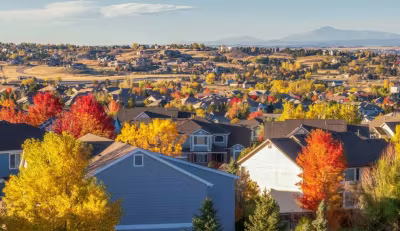Construction Defect Lawyer in Denver, CO

Denver's booming real estate market has led to a surge in fix-and-flip projects and scrape-offs. While these developments offer modernized homes, they often come with hidden construction defects that can compromise your investment and safety.
At Hollington Law Firm, we specialize in representing Denver homeowners facing construction defects. Our deep understanding of Colorado's construction laws and the local real estate landscape positions us to advocate effectively for your rights.
Why Denver Homes Are Prone to Construction Defects
Denver presents unique risks for homeowners, thanks to both geological factors and market trends:
1. Fix-and-Flip Shortcuts
Many older homes in Denver's core neighborhoods are sold as quick flips—fresh paint, updated finishes, and new appliances. But under the surface, critical issues like outdated wiring, undersized plumbing, noncompliant framing, or failing foundations often go unaddressed.
In our experience representing Denver homeowners, these homes frequently conceal defects that aren't discovered until after closing. We explore this further in our article, Common Types of Construction Defects, where we detail common issues hidden during cosmetic flips, such as moisture intrusion, structural deficiencies, and faulty electrical work.
2. Scrape-and-Rebuild Risks
In popular neighborhoods like Sloan's Lake and LoHi, it's common for developers to scrape old homes and rebuild modern, high-density properties. These fast-paced builds sometimes prioritize speed and profits over quality.
Improper soil compaction, insufficient drainage planning, or poor structural oversight can result in foundation movement, drainage issues, or framing problems within just a few years.
3. Denver's Expansive Soils
Denver's soil is notorious for expansive clay, which swells and contracts dramatically with moisture changes. Builders must follow strict geotechnical recommendations when designing and constructing foundations in this region.
If these guidelines aren't followed—or corners are cut—you could face foundation cracks, wall separation, and sticking doors or windows as your home shifts over time. Learn more about this issue in our comprehensive guide on Colorado's Expansive Soil and Your Rights as a Homeowner.
If you're noticing symptoms like cracks, leaks, sloping floors, or sticking doors, it may be time to speak with a construction defect lawyer.
Common Construction Defects We See in Denver Homes
We represent Denver homeowners facing a wide range of construction defects, including:
Foundation and Structural Defects
We frequently see foundation heaving, settlement, and structural movement caused by inadequate soil preparation, improper rebar placement, or poor drainage.
Water Intrusion and Mold
Leaks from improperly flashed roofs, poorly sealed windows, or inadequate drainage systems can lead to costly water damage and mold growth. Our article, Best Practices for Documenting Construction Defects in Colorado, provides a detailed guide on gathering the documentation you'll need to support a water intrusion claim.
Roofing and Siding Failures
We help homeowners address premature roof failures, missing underlayment, and improperly installed siding that lead to moisture infiltration.
Defective Mechanical Systems
Plumbing leaks, electrical code violations, and improperly installed HVAC systems are especially common in flips where mechanical systems were outdated but cosmetically concealed.
In every case, we start by evaluating your defects, gathering evidence, and ensuring compliance with Colorado's legal requirements for construction defect claims.
Understanding Colorado's Construction Defect Laws
Colorado's construction defect claims are governed by the Construction Defect Action Reform Act (CDARA), which imposes strict procedures and timelines for pursuing a claim. Before filing a lawsuit, homeowners must serve a Notice of Claim giving the builder an opportunity to inspect and offer to repair the defects.
At Hollington Law Firm, we guide you through this critical process to avoid jeopardizing your rights. Our article, Understanding the Costs of Hiring a Construction Defect Lawyer in Colorado, also explains what to expect financially if you decide to pursue a claim.
Important Time Limits
Colorado's statute of limitations for construction defects is generally two years from the date you discovered (or should have discovered) the defect, but no more than six years after substantial completion of construction. Acting promptly is essential.
For more detailed information about these time requirements, see our guide on Understanding Statutes of Limitations for Construction Defect Claims.
Why Choose Hollington Law Firm as Your Denver Construction Defect Lawyer?
When you choose Hollington Law Firm, you benefit from:
Deep Knowledge of Denver's Housing Market: We understand the risks unique to Denver's neighborhoods and construction practices
Homeowner-Focused Representation: We represent homeowners—not builders, insurers, or developers—so your interests always come first
Personalized Legal Strategy: Every case is different. We tailor our approach based on your home's issues, your goals, and your long-term needs
Proven Results: We've recovered compensation for homeowners across Colorado facing costly construction problems
Whether you need help negotiating repairs, pursuing litigation, or navigating the Notice of Claim process, we stand ready to advocate for you.
Contact a Denver Construction Defect Attorney Today
Don't let hidden defects in your Denver home turn into a financial and safety nightmare. Colorado law imposes strict deadlines—and the sooner you act, the better your chances of resolving the issue and protecting your investment.
Contact Hollington Law Firm today for a consultation. We serve homeowners across Denver, including Wash Park, Baker, Highlands, Sloan's Lake, LoHi, Congress Park, Cherry Creek, City Park, Park Hill, and Capitol Hill.
Other Areas We Serve
View All AreasHave Questions About Your Case?
Schedule a free 15-minute screening call to discuss your construction defect or property damage claim with our experienced attorneys.






